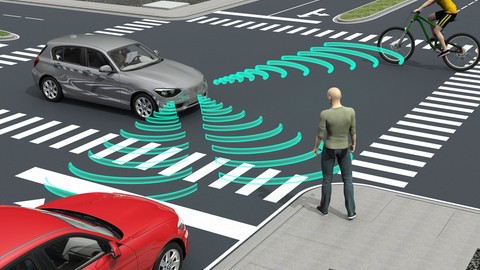
Horiba Mira, an automotive engineering researchers house, is nearing completion of construction on its autonomous vehicle development center in the U.K. The facility – known as ASSURED CAV – will allow self-driving vehicles to be tested under real-life scenarios – such as traffic merging, emergency braking, smart parking, highway cruising, and lane assistance technology. The goal of the autonomous vehicle hub is to enable the automotive industry, policy makers, and government to test autonomous vehicle technology in real-life simulations without danger to persons or vehicles on public roads.
The facility will include:
- A high speed closed loop track for scenario-based testing;
- Urban environments where vehicles will experience pedestrians and cyclists, complex intersections, and on-street parking;
- A multi-story car park with autonomous valet parking;
- A 5G mobile private network provided by Vodafone for vehicle-to-vehicle and vehicle-to-infrastructure communications and cybersecurity testing;
- A portfolio of digital replicas for simulated testing;
- An on-site network of campus roads with 185 miles (~298 km) of networked roads enabling real-world road trials; and,
- advanced robotic targets and intersection layouts and a suite of advanced driver assistance system (ADAS) testing.
“We’ve been on a journey to create ASSURED CAV; it represents many years of intense research and investment to bring together one of the most comprehensive CAV validation ecosystems in the world.” stated Declan Allen, Managing Director at HORIBA MIRA. “At a time when the automotive industry is facing significant headwinds, we’ve been steadfast in our approach to delivering this investment and we’re extremely proud to provide an ecosystem which will allow the automotive industry, as well as complementary industries, to develop and prove their self-driving technology. This is a unique opportunity for companies to accelerate their activities to lead the industry – it will allow companies to bring forward their activities in this sector in an efficient and optimised manner, enabling them to solve the real-world problems of integrating their automated products into the public roads, whilst also importantly achieving consumer acceptance.”